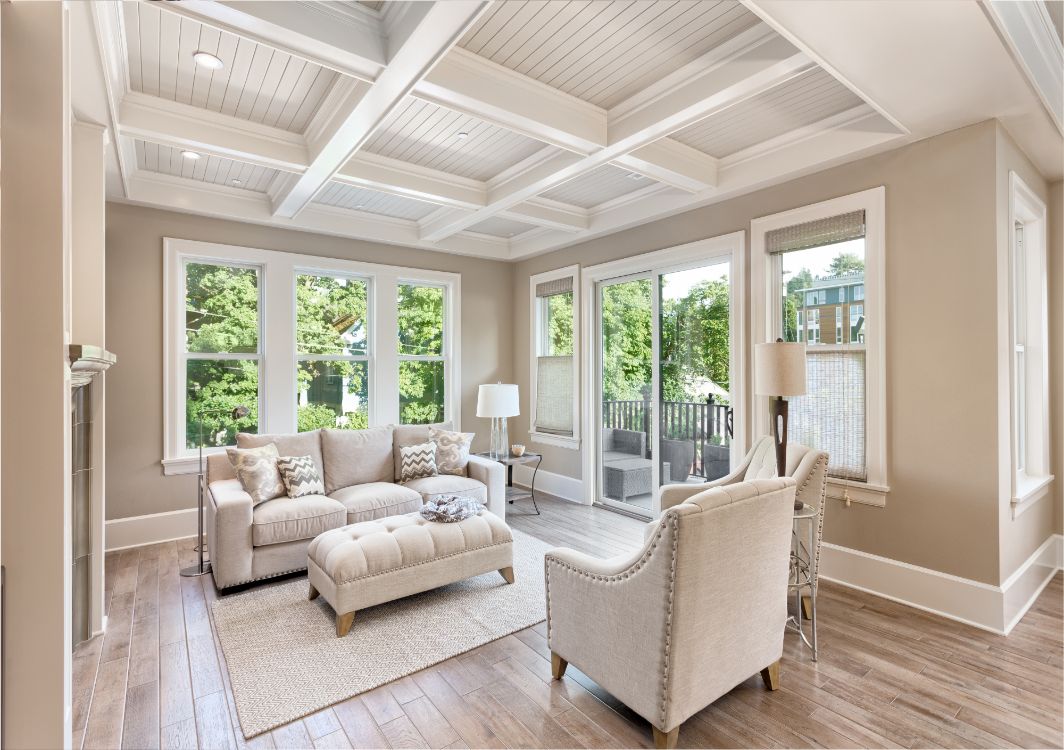
One of the most exciting aspects of homeownership is feeling ready to expand your existing home and create an addition of your choosing. Often, growing families begin to feel cramped and desire more room. Maybe you’re ready for a second bathroom. Perhaps you’ve been daydreaming about how nice it would be to have a new front porch.
Home additions are an excellent way to heighten your enjoyment of your home while increasing its resale value. In the Enhanced Renovations guide below, we’ll walk you through some crucial factors influencing home addition costs, highlighting those to consider most when planning your new addition.
Average, High, and Low Costs
The average home addition cost is around $46,000. If your project includes a new bathroom, you can expect that figure to increase by around $8,000.
Lower-end costs hover around $40,000 per 500 square feet. This cost assumes the addition will not require expensive services like extensive electrical or plumbing work. Higher-end projects, which typically include major electrical or plumbing work and luxury materials, are around $100,000 for the same square footage.
Factors That Increase Home Addition Costs
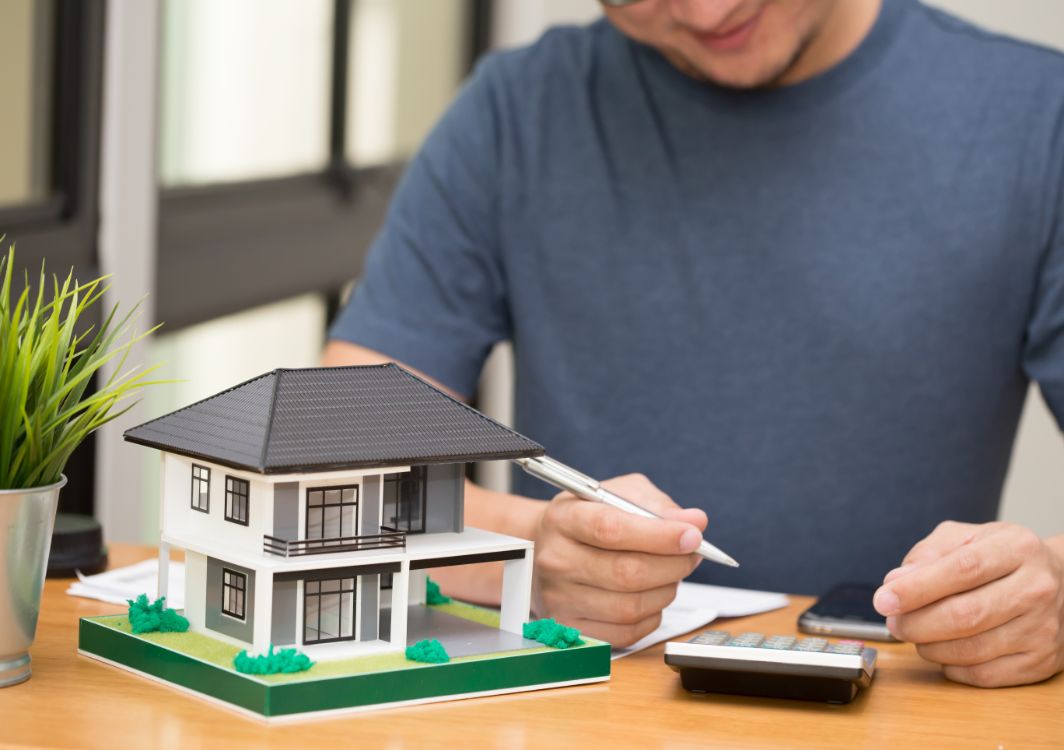
Many variables can increase home addition costs. Below are some of the more common drivers of prices for home additions:
Size of the Addition
Total size is a major determining factor of home addition costs. The larger the space, the more it will cost. Because home addition cost averages are determined using square footage, additional square footage will inflate project costs accordingly.
Type of Addition
Different types of additions have other associated costs. For example, a small, simple room addition will cost less than an elaborate, larger room with a bathroom or balcony. Home addition costs for new rooms average between $23,000 and $80,000 for a 20-foot by 20-foot addition. The higher price point reflects more customization and luxury add-ons.
Some additions may require elements that others do not. For instance, unlike a new bedroom, a garage may not need an HVAC (heating, ventilation, and air conditioning) system, and a wrap-around veranda will cost significantly more than a simple front porch step expansion.
Labor Costs
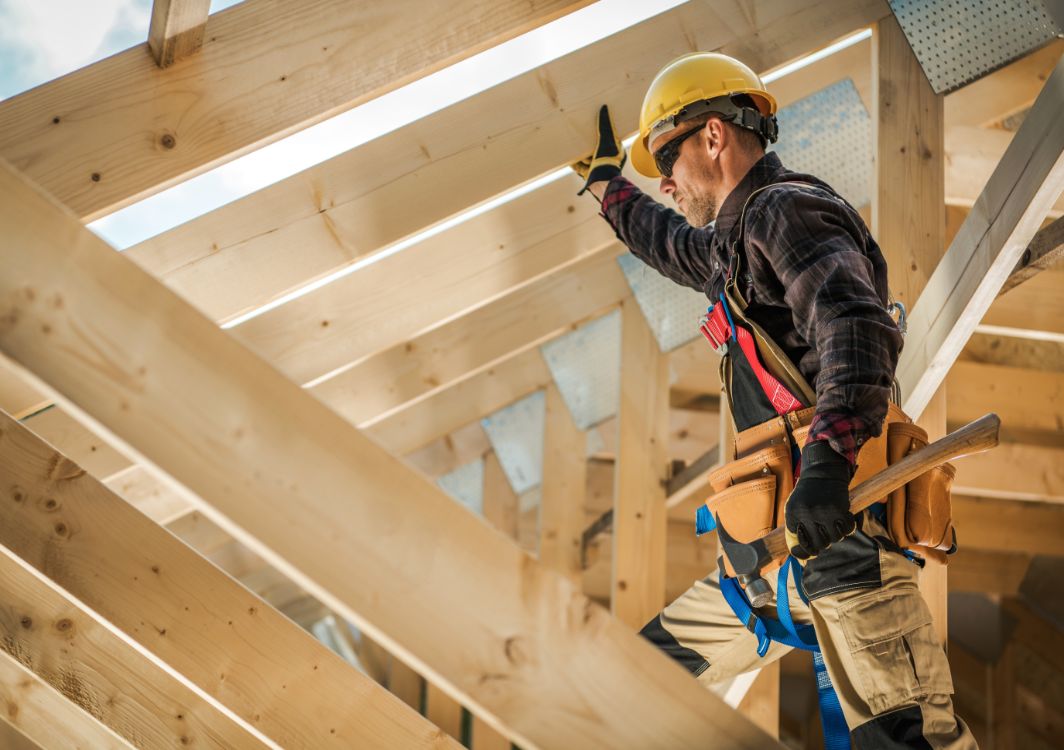
For the average home addition project, labor costs represent 30 to 50 percent of the total price. Laborers include skilled professionals like electricians, roofers, plumbers, painters, drywallers, and more, depending on the type of addition.
Two major drivers of price are electrical work and plumbing work. Electrical work is complicated work required for even the simplest and smallest of home additions. You’ll need to pay a skilled electrician to ensure your new addition is up to code with all specifications regarding outlets and lighting.
Only licensed professionals are capable of completing plumbing work. The more plumbing work needed, the higher your home addition will cost.
Bathrooms
Bathrooms can increase room addition costs, as they require both plumbing and electrical expertise. They also incorporate materials that are more costly than other types of additions.
Materials
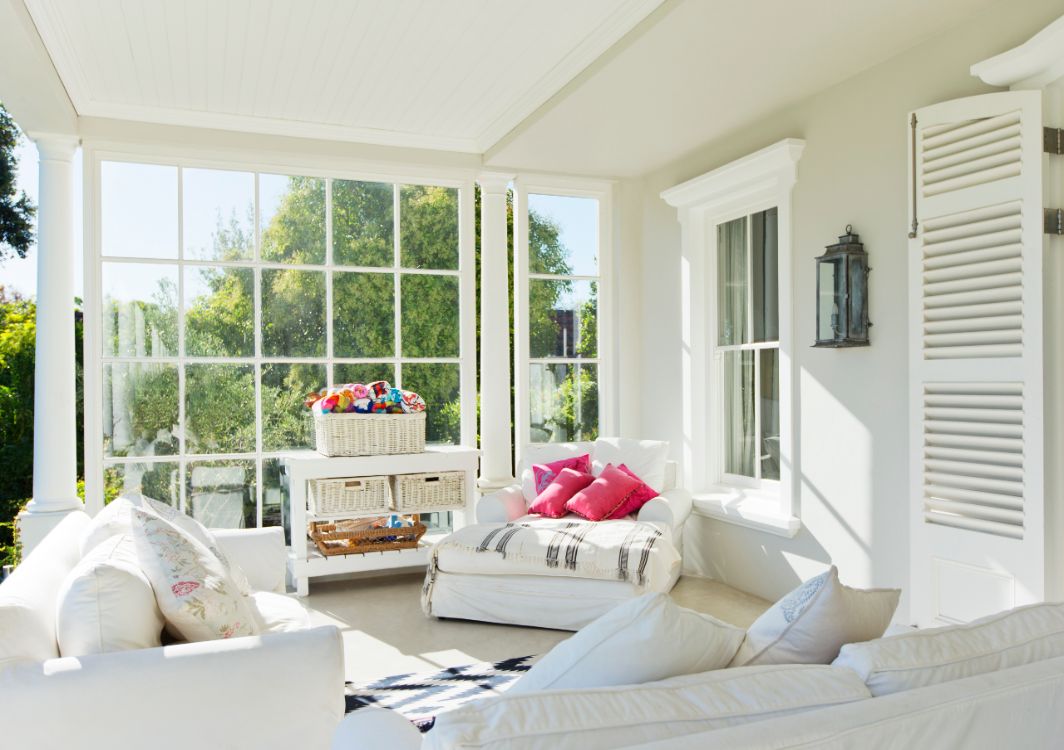
Different types of additions need different kinds of materials. Common home addition materials include:
- Drywall
- Concrete
- Wood
- Paint
- Roofing materials
- Electrical wiring
The costs of these materials will vary based on the current market prices for the region in which you are building. Prices will also vary within the same category depending on the brand and quality you choose.
Demolition Needs
If your home addition project requires demolition, expect to pay more for that service. Depending on the project, preparing a site for a new addition can cost anywhere from $1,000 to $5,000.
Geographic Location
Where you live will have an impact on your home addition costs. Even homes with the same square footage can vary widely in valuation depending on the state or city. Labor and materials costs will also differ depending on geographic region.
Tips for Lowering Your Home Addition Costs
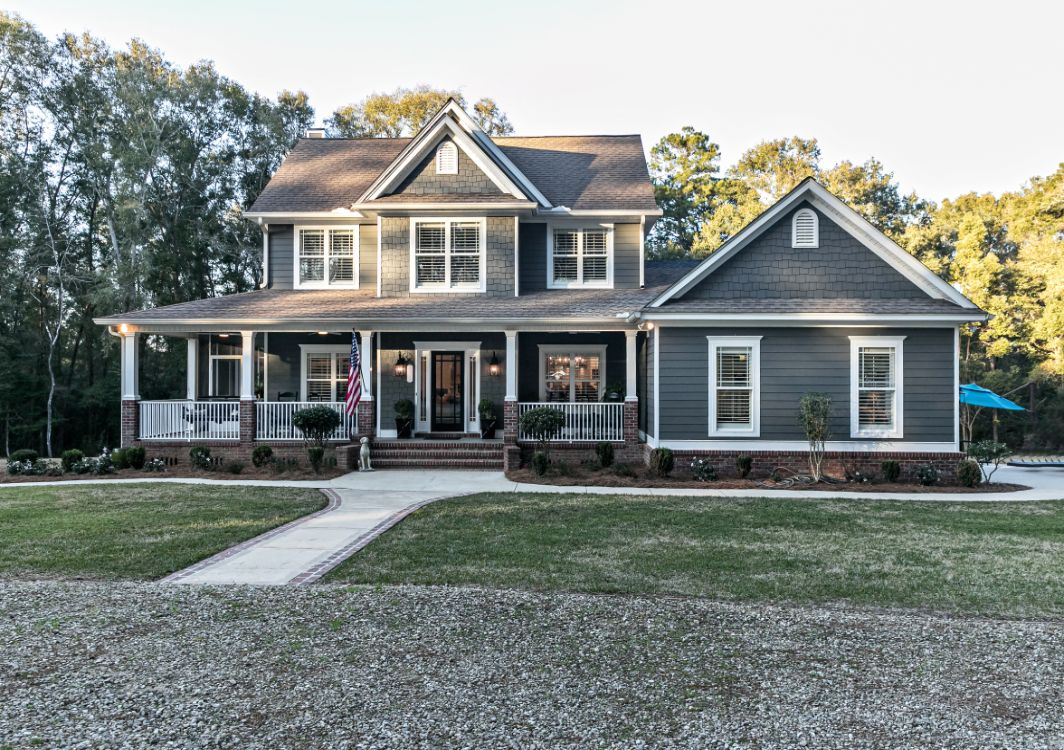
Many factors can drive home addition prices up, but you can also take proactive steps to reduce your home addition costs. The following are just a few that we recommend.
Build Up, Not Out
There are two main options when completing a home addition: you can build up (creating a second story) or out (creating a larger foundation for your home). Adding a second floor is typically less expensive because such a project does not require foundation work. Building out can lead to structural issues that are costly to address.
Supply the Materials Yourself
Your contractor may allow you to source certain materials yourself for smaller items, helping you save some money on contractor markups and giving you more control over your home addition costs. Keep in mind that most contractors will not permit homeowners to supply major materials like lumber and concrete.
Check Out Salvage Companies
Salvage companies are another option to help you cut down on costs. These places collect appliances, countertops, and other items from luxury homes and sell them for much less than anything you might pay for new items.
Remember: You’re Adding Value
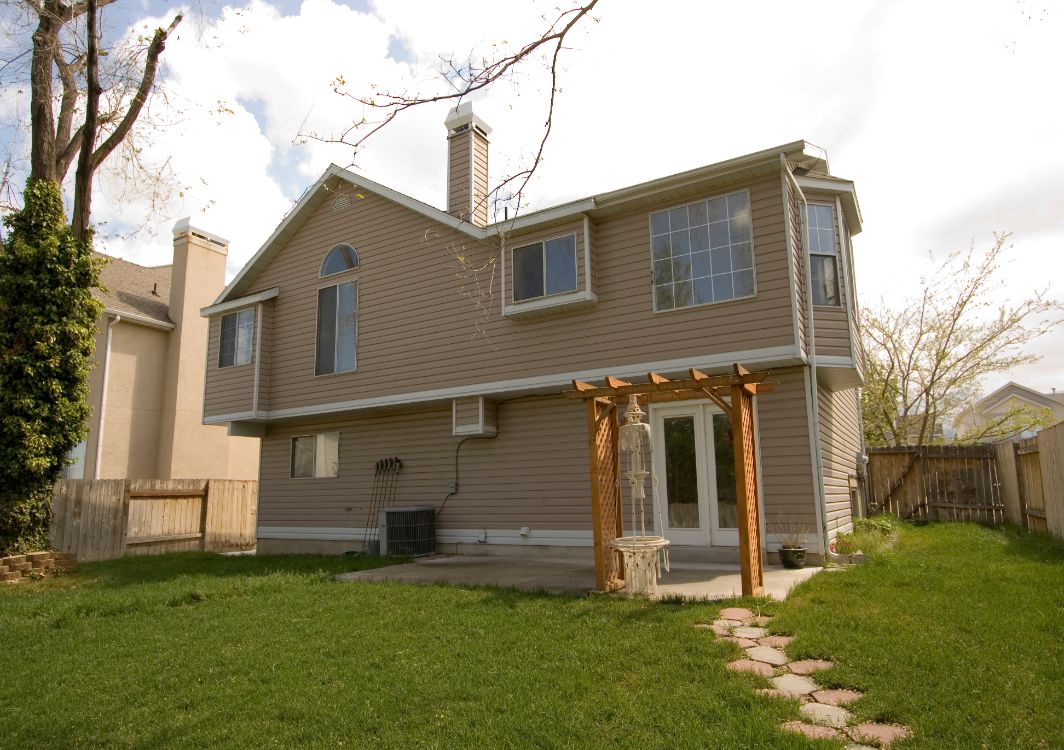
While the costs associated with a home addition can be daunting, it’s important to remember that you’re adding to the resale value of your house. For example, an owner’s suite addition returns 63%, while a new bathroom returns 53%. According to these percentages, if you spend $100,000 on an owner’s suite addition, you might recoup $63,000 of the $100,000 and add it to your home’s price when it’s time to sell your property.
If you want to learn more about how much you can increase your home’s resale value with a particular project, you can speak with a home appraiser to better understand your potential return on investment. In the meantime, you’ll also be able to enjoy your new addition and the lifestyle upgrade that comes with it.
Contact Us Today
There are many factors to consider while planning your home addition project. Enhanced Renovations is here to help. Please fill out our contact form today to begin your exciting home addition project.